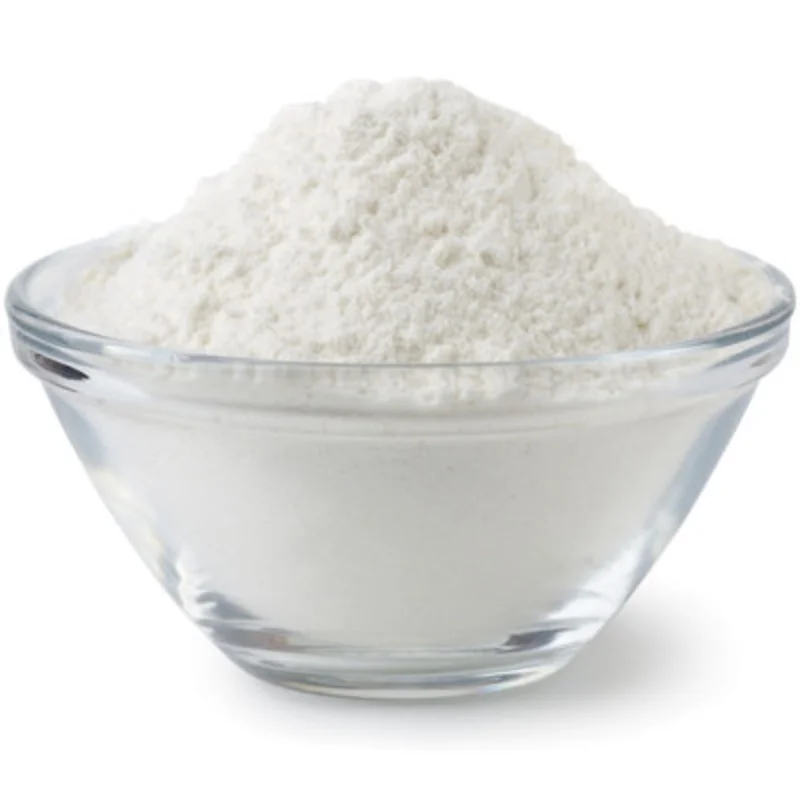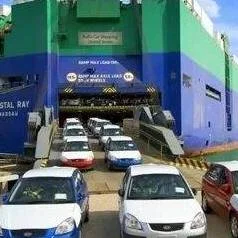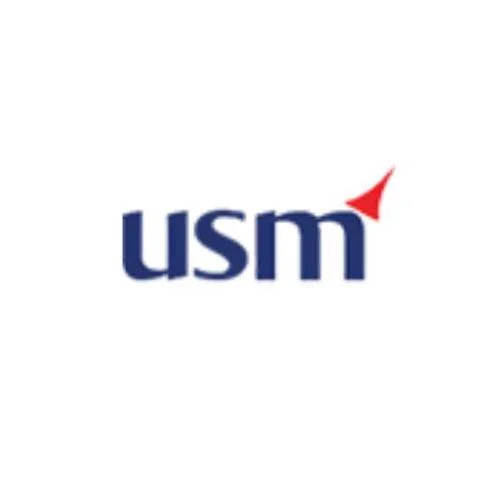The key drivers behind the growth of the water treatment chemicals manufacturers include:
Environmental Regulations and Sustainability Mandates
- Stringent Water Quality Standards: Governments around the world are implementing stricter regulations to control water pollution and ensure the quality of both drinking water and wastewater. For example, the US Environmental Protection Agency's (EPA) Clean Water Act and Canada's Waste Water Effluent Regulations are driving the demand for effective water treatment solutions.
- Sustainability Goals: There is a growing emphasis on sustainable water management practices, including water reuse and recycling. This is particularly evident in regions facing water scarcity, such as the Middle East and Africa.
Industrial Expansion and Urbanization
- Growing Industrial Demand: The rapid expansion of industrial infrastructure in sectors like power generation, oil & gas, food & beverages, and pharmaceuticals is increasing the demand for specialized water treatment chemicals. These industries rely on high-purity water for their operations and need advanced treatment solutions to meet regulatory standards.
- Urbanization: Rapid urbanization is driving the need for efficient water treatment systems to meet the increasing demand for clean water in cities. This includes both drinking water treatment and wastewater management.
Technological Advancements
- Smart Water Treatment Solutions: The integration of AI and automation in water treatment is enhancing the efficiency and precision of chemical dosing and monitoring systems. This not only improves the effectiveness of water treatment but also reduces operational costs.
- Innovative Products: There is a growing focus on developing eco-friendly and sustainable water treatment chemicals. Innovations such as bio-based chemicals, nanotechnology-based solutions, and low-toxicity formulations are creating new opportunities in the market.
Water Scarcity and Desalination
- Increasing Water Scarcity: The scarcity of freshwater resources is driving the adoption of desalination technologies, particularly in regions like the Middle East. Desalination plants require specific water treatment chemicals to remove salts and other impurities from seawater and brackish water.
- Wastewater Recycling: The need for water conservation is also promoting the use of water treatment chemicals in wastewater recycling and reuse projects.
Health and Hygiene Concerns
- Food and Beverage Industry: The food and beverage sector has stringent hygiene standards and regulatory compliance requirements, which necessitate the use of high-quality water treatment chemicals. This includes disinfectants, biocides, and corrosion inhibitors to ensure safe and efficient processing.
- Healthcare Sector: The increasing focus on hygiene and the fight against infectious diseases is driving the demand for water treatment chemicals in healthcare facilities. These chemicals are used in disinfectants, sanitizers, and sterilization processes to maintain a clean and safe environment.
Economic Development
- Emerging Markets: Economic growth in emerging economies is leading to increased investment in water infrastructure and treatment facilities. This is particularly evident in countries like China and India, where rapid industrialization and urbanization are driving the demand for water treatment solutions.
- Global Trade: The global market for water treatment chemicals is benefiting from increased trade and investment flows, as companies seek to expand their operations and access new markets.






